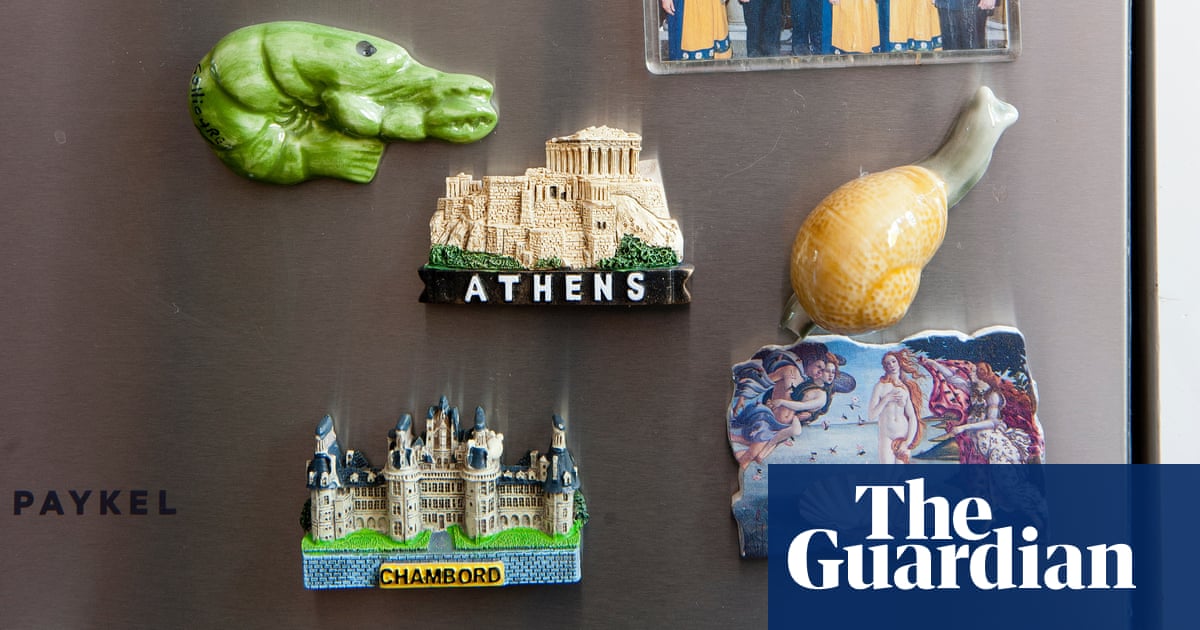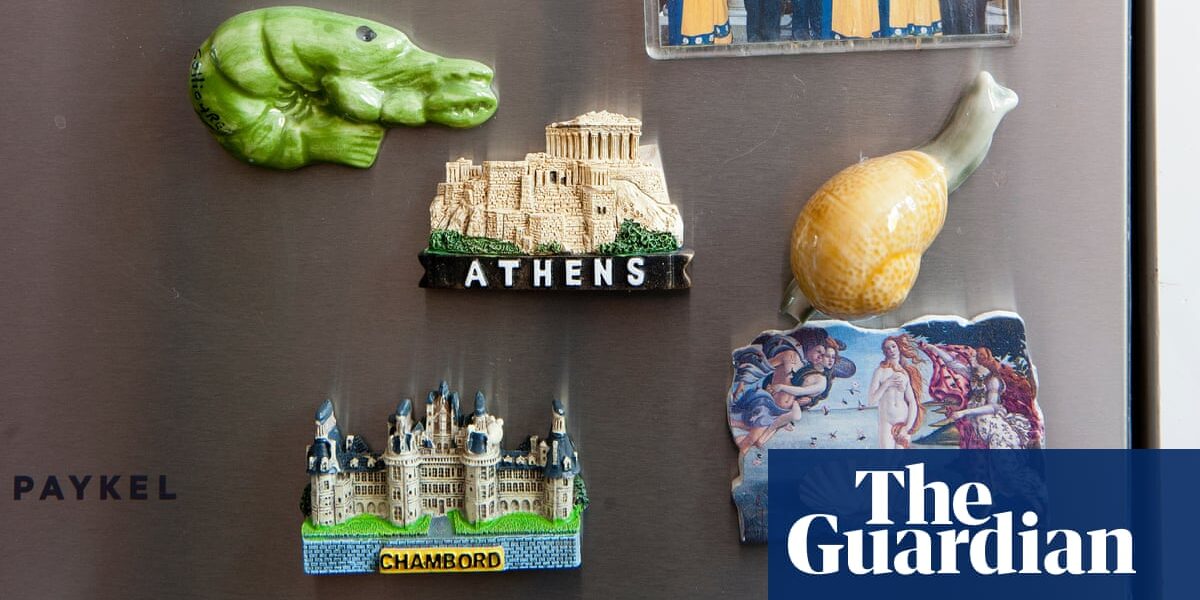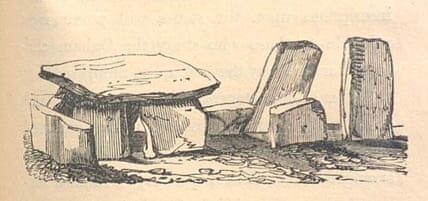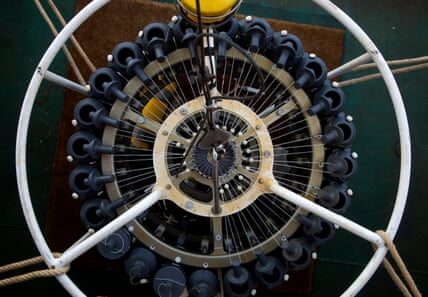
According to recent research, refrigerator magnets, which are often used for holding shopping lists or quick notes, can serve as valuable souvenirs from vacation trips. These trinkets have been found to help people retrieve both positive and negative memories from their past travels.
Although souvenirs are widespread, there has been limited research on their post-vacation fate. Even less attention has been given to fridge magnets, despite their frequent use in daily interaction.
According to Dr. John Byrom, the leader of the research team at the University of Liverpool, there is a distinct difference between how frequently we access the contents of our refrigerators compared to items like cheese knives that are seldom used and end up collecting dust in a drawer, or pictures that eventually blend into the background.
In order to gain a deeper understanding of individuals’ sentimental connection with their holiday magnets, Byrom and his team conducted thorough interviews with 19 British citizens who possessed a minimum of 20 of these keepsakes. The interviews took place mostly in the participants’ kitchens, where their refrigerators could be seen.
According to a study in Annals of Tourism Research, souvenirs can serve as effective tools for preserving memories and evoking emotional reactions. Some participants even believed their refrigerator magnets were more valuable for remembering moments than photographs.
One person mentioned that when visiting places, they used to take 50-100 photos in a day, but now they don’t take photos and just buy a fridge magnet instead.
Not purchasing a magnet can cause feelings of worry and tension. A woman shared her experience of being forced to buy one at the airport, which she found unpleasant. At a recent seminar, Byrom shared his research and one attendee mentioned buying a magnet online and having it delivered after returning from their trip.
Byrom stated that when individuals discussed the significance of their magnets, they were able to easily recall memories and emotions associated with specific events or individuals. This included examples of cherished holiday experiences with deceased loved ones or children who have since grown up and left home.
Additionally, it was intriguing to note the potential of using fridge magnets as a tool for letting go of negative experiences and reflecting on personal growth.
For example, someone used a refrigerator magnet from their least favorite vacation, a trip to Spain that they didn’t even want to take, as a way to remember how terrible things were during that time in their life.
Byrom mentioned that the study had motivated him to devote more attention to his personal collection of fridge magnets. Although he only has about ten of them that he has collected incidentally, it has made him contemplate the significance of the ones he does possess. For instance, he has a magnet portraying the flags of the Caribbean that brings back fond memories of his shared parental leave after his second child was born. Whenever he sees it, he reminisces about the beach in the Grenadines where they spent time, among other things. He believes that the presence of these small items holds great meaning.
If we come across a keepsake in our homes, it can trigger memories in our brain related to our personal experiences, combining specific moments from our past with our overall understanding of the world.
According to Dr. Annemarie Zijlema, who studies the connection between personal belongings and memories, the initial recollection that arises is typically tied to the time when the individual acquired the item.
During one of my research studies, I conducted interviews with individuals in Sydney regarding their memories and souvenirs. Several participants proudly displayed their refrigerators, adorned with magnets collected from their various travels. Despite any damages, some participants refused to part with these mementos.
The research discovered that souvenirs that were viewed often, like fridge magnets that were seen multiple times a day, were actually remembered less than souvenirs that were seen less frequently. These items tended to blend in with the home’s decor and didn’t bring up memories unless specifically asked about.
One suggestion could be for house visitors to inquire about their hosts’ fridge magnets, in order to preserve the memories of their trip.
Zijlema stated that magnets are an excellent way to initiate a conversation.
Source: theguardian.com



